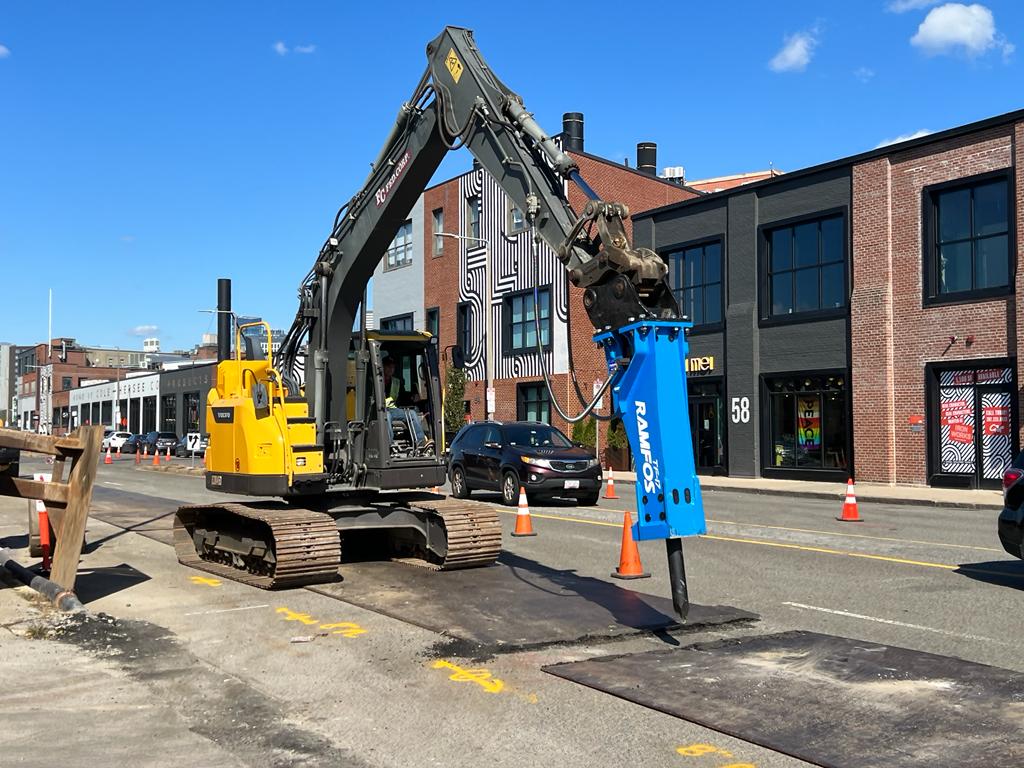
The True Cost of Downtime: Why Preventative Hammer Maintenance Pays Off
Share
In construction and demolition, time is money—and nothing kills momentum like equipment downtime. One of the most common causes? Neglected hydraulic hammers. A single breakdown can bring an entire jobsite to a halt, racking up labor costs, missed deadlines, and expensive repairs that could’ve been avoided.
Preventative maintenance isn’t just about protecting the tool—it’s about protecting your entire operation. When a hydraulic breaker isn’t performing at full capacity, it doesn’t just take longer to finish the job. It puts unnecessary stress on your excavator, burns more fuel, and causes wear on key components like bushings, pistons, and seals. Eventually, what started as a minor oversight—like a missed greasing or a loose retaining pin—turns into a full-blown failure.
Routine service checks, proper lubrication, nitrogen pressure monitoring, and timely part replacement can extend your hammer’s lifespan by years. And when you consider the average cost of jobsite downtime—lost productivity, idle labor, missed contract bonuses—it becomes clear that preventative maintenance isn't an expense. It’s an investment.
If you’re looking to reduce downtime and avoid expensive repairs, regular hammer maintenance is one of the smartest steps you can take. Whether you need a quick inspection, a tune-up, or reliable access to OEM and aftermarket parts, working with a trusted hydraulic hammer expert can help you stay ahead of breakdowns—and on schedule.
